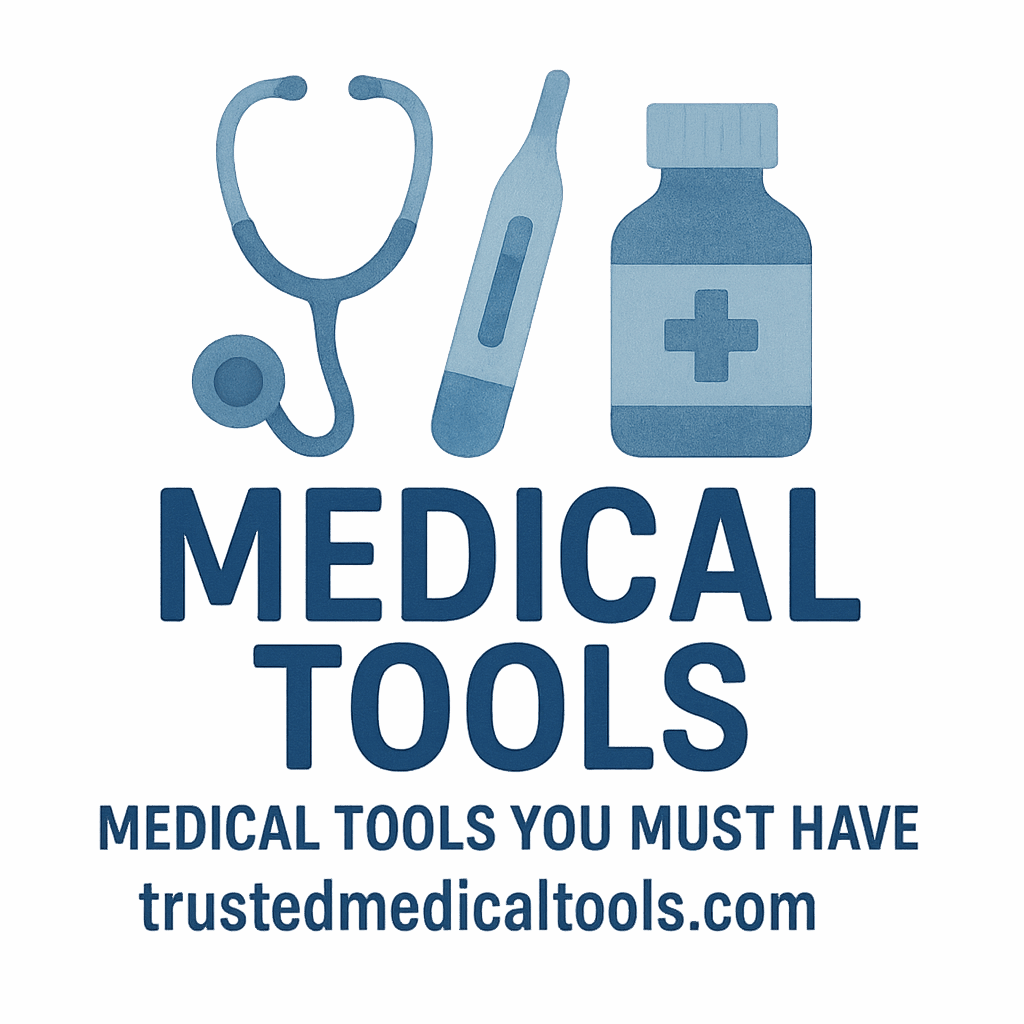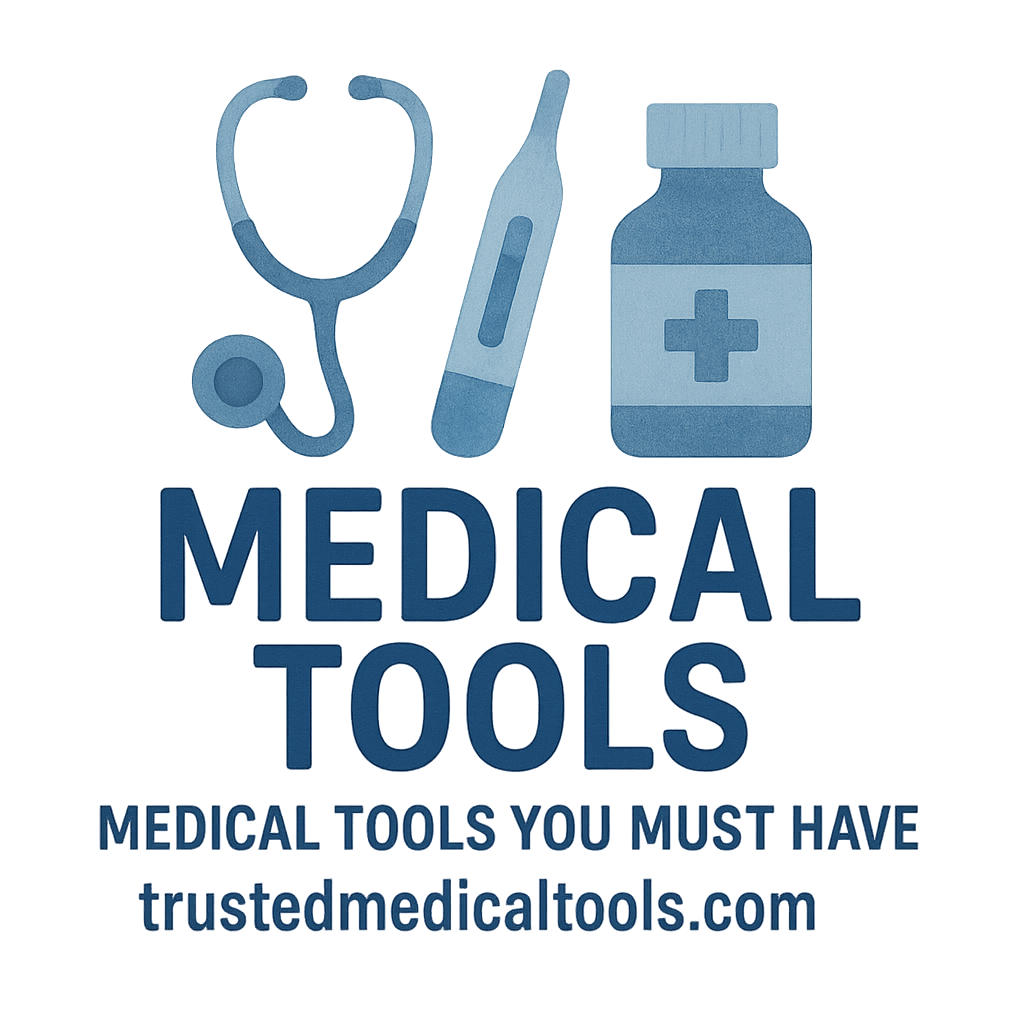Introduction
Ever wonder how your heart is really doing throughout the day? Keeping tabs on your heart rate is no longer something reserved for hospitals or clinics. With the surge in home healthcare, tracking your heart rate from your couch has never been easier—or more important.
This guide will walk you through five powerful medical tools to track your heart rate from home, helping you stay informed, proactive, and healthy.
Why Monitoring Heart Rate at Home Matters
The Growing Importance of Home Health Monitoring
With more people taking charge of their health, home monitoring devices have exploded in popularity. Whether you’re managing a chronic condition, monitoring recovery, or just staying fit, checking your heart rate gives you insights into how your heart handles stress, rest, and activity.
Who Should Monitor Their Heart Rate?
Not just seniors! While older adults and those with heart conditions obviously benefit, so do:
- Fitness enthusiasts
- People with anxiety or stress
- Anyone managing high blood pressure
- Patients recovering from illness or surgery
For everyone from athletes to anxious souls, knowing your heart’s rhythm is like reading your body’s internal language.
What to Look for in a Home Heart Rate Monitor
Accuracy and Reliability
First and foremost: is the data trustworthy? Look for doctor-approved, FDA-cleared, or clinically validated tools. Explore the doctor-approved tag for the best options.
Ease of Use
If it’s complicated, it’s going to collect dust. Look for monitors with easy-to-use interfaces and quick results. Many tools under the easy-use tag are perfect for beginners.
Compatibility with Health Apps
Modern devices often sync with apps, making it easy to track trends over time and share reports with your doctor.
Top 5 Medical Tools to Track Heart Rate from Home
Let’s dive into the main event: the five best tools to monitor your heart rate from home.
1. Digital Blood Pressure Monitor with Heart Rate Tracker
Features and Benefits
These monitors not only measure your blood pressure but also provide an accurate heart rate reading. Many come with large displays and memory functions to store past readings.
Best For
- Seniors
- People managing hypertension
- Families (especially those focusing on family care)
See options in our buying guide or visit the home essentials section.
2. Pulse Oximeter
Features and Benefits
Small, clip-on devices that fit over your fingertip, pulse oximeters measure your oxygen levels and heart rate in seconds.
Best For
- COVID-19 recovery
- Asthma patients
- Anyone doing high-altitude sports
Browse reliable models under monitoring devices or tools tagged as basic tools.
3. Fitness Trackers (Smartwatches)
Features and Benefits
Wearables like Apple Watch, Fitbit, or Garmin provide real-time heart rate tracking with sleep and fitness data. Most allow alerts for abnormal readings and long-term tracking via mobile apps.
Best For
- Fitness buffs
- Everyday users looking to stay on top of their wellness
- People creating a DIY health check routine
See all related gear under wellness tools or home health care.

4. Chest Strap Heart Rate Monitors
Features and Benefits
More accurate during workouts than wrist-based monitors, chest straps detect electrical signals directly from your heart. Athletes often prefer them for precision.
Best For
- Serious athletes
- High-intensity training
- Cardio-based routines
Find recommendations in the recommendation and health equipment sections.
5. ECG/EKG Monitors for Home Use
Features and Benefits
These are portable versions of hospital-grade ECG machines. They record your heart’s electrical activity and spot potential irregularities.
Best For
- Heart disease patients
- Monitoring arrhythmias
- Doctors needing at-home diagnostics
Explore medical tools with ECG features and add to your first aid box.
How to Use These Tools Correctly
Tips for Accurate Heart Rate Monitoring
- Sit calmly for 5 minutes before checking.
- Avoid caffeine or heavy meals before measurements.
- Take readings at the same time daily for consistency.
- Follow manufacturer instructions carefully.
Want a complete checklist? Dive into our first aid and home-support guides.
Integrating Tools with Overall Home Health Monitoring
Creating a DIY Health Check Routine
A daily check-up doesn’t need a stethoscope and lab coat. Use a combination of devices to track:
- Heart rate
- Blood pressure
- Blood oxygen levels
- Temperature
Add items from home gear for a complete at-home health station.
Using Monitoring Devices for Preventive Care
Prevention is the best cure. By keeping an eye on your heart’s behavior, you can flag issues before they become emergencies.
Tools tagged with monitoring and mental health can help you approach health more holistically.
Where to Buy Reliable Medical Tools
Skip the sketchy online sellers. For doctor-approved, reliable, and affordable gear, visit:
- TrustedMedicalTools.com
- Their curated buying guide
- The complete list of home essentials
Conclusion
Heart rate monitoring is no longer just for athletes or heart patients. Thanks to modern tools, anyone can track their heart health from the comfort of their home.
With options ranging from digital blood pressure monitors to advanced ECG gadgets, there’s something for every budget and need. Be proactive, stay informed, and take charge of your health—one beat at a time.
FAQs
1. How often should I check my heart rate at home?
Most people can check once or twice a day, but those with heart conditions may need to check more frequently as advised by their doctor.
2. Are smartwatches accurate for heart rate monitoring?
They are generally accurate for resting and active heart rates, but not as precise as chest straps during intense workouts.
3. What is a normal resting heart rate?
For adults, 60–100 beats per minute is considered normal. Athletes might have lower rates.
4. Can these tools detect heart attacks?
Some advanced ECG monitors can detect irregular rhythms, but no device replaces professional medical evaluation in emergencies.
5. Which tool is best for seniors?
Digital blood pressure monitors with built-in heart rate functions are easiest and most reliable for elderly users.
6. Are these tools covered by insurance?
Some insurance plans may cover FDA-approved or doctor-prescribed devices. Check with your provider.
7. Where can I buy trusted heart rate monitors?
Visit Trusted Medical Tools for reliable, doctor-approved devices suited for home use.


